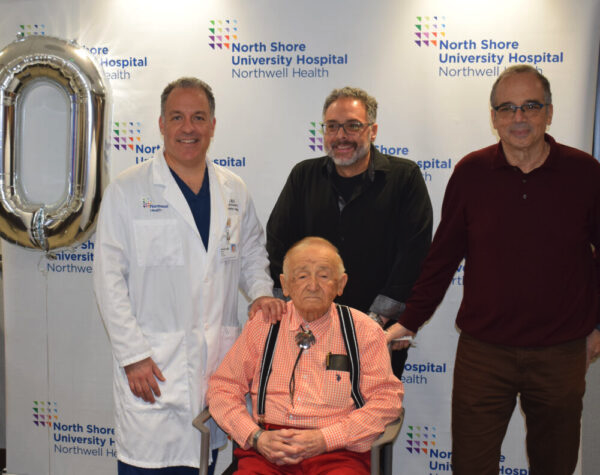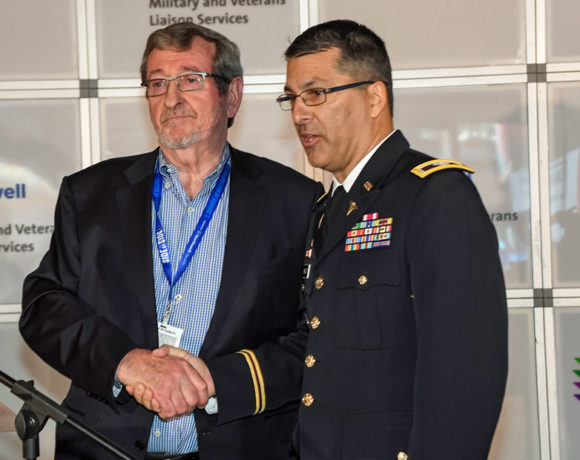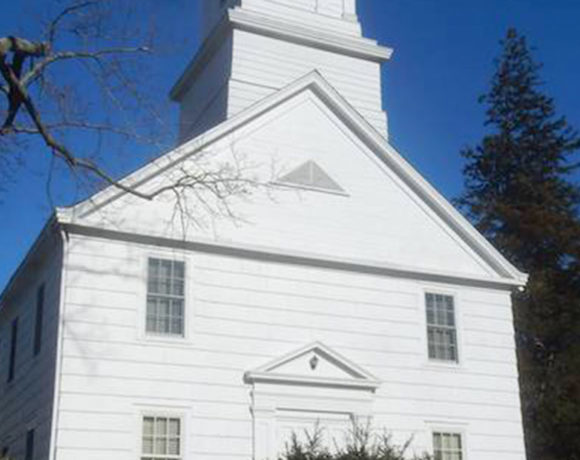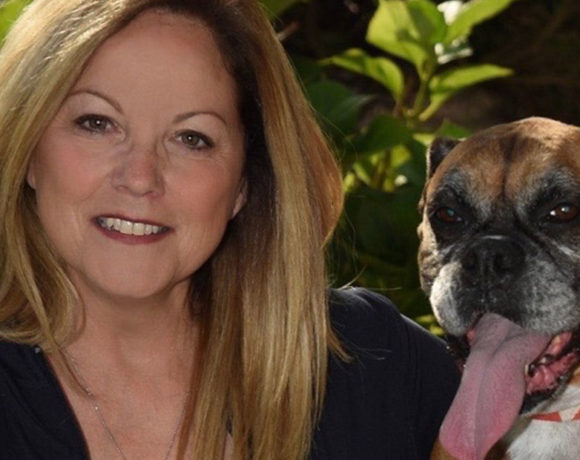Almost five years to the day after undergoing the successful cardiac procedure that prolonged his life, 100-year-old Holocaust survivor Jack Betteil, of Bayside, Queens, returned to North Shore University Hospital (NSUH) and proclaimed that his doctor was “a miracle worker.”
Even a severe case of aortic stenosis – a condition in which the aortic valve becomes calcified with age and breathing becomes nearly impossible – couldn’t stop Mr. Betteil from his date with destiny. His barber promised him a free haircut and “the works” when Mr. Betteil celebrated his 100th birthday, and Mr. Betteil was able to claim his reward, thanks to the kindness of James Mazzei, owner of Nubest Salon in Manhasset, NY.
Born in Krakow, Poland, in 1923, Mr. Betteil survived six concentration camps before his release on May 5, 1945. During that time, he learned of the murder of his grandparents and his little sister. Weighing only 70 pounds at the time of liberation, Mr. Betteil found his way to the United States. He learned how to fix broken television sets and raised a family.
In 2017, Mr. Betteil could barely catch his breath or walk the stairs in his two-level home. According to his son, Matthew, “My father, who has such a zest for life, was having trouble breathing. Even the smallest activity was too much. We knew that something had to be done. My family is so grateful that the doctors at this hospital did everything they could to preserve his life.”
Multiple visits to NSUH revealed the dire nature of his condition. Mr. Betteil’s cardiac physician, Bruce Rutkin, MD, director of Structural Heart Disease at NSUH, felt at the time that he would be a good candidate for Transcatheter Aortic Valve Replacement Procedure (TAVR), which, he said, “is a minimally invasive technique to replace the narrowed valve without opening the chest.”
“Before this technology, the only way to address a severely narrow aortic valve was to perform open-heart surgery and replace the damaged valve with a new one,” said Dr. Rutkin. “Obviously, this would be too difficult for a man of Mr. Betteil’s age. But meeting Jack and understanding his zest for life made it clear that he was a wonderful candidate for TAVR.”
So, in 2018, Mr. Betteil underwent the TAVR procedure. Soon after, Mr. Betteil reported that he no longer experienced feelings of breathlessness, chest pressure and shortness of breath. Thanks to Dr. Rutkin, he was able to return to his home in Bayside to continue his life’s passion – creating wood carvings of Native American face masks and oil paintings and statues depicting the Native story. His son believes that Mr. Betteil’s fascination with this art genre comes from his empathy toward the fate of Native Americans in this country.
After being warmly greeted by Dr. Rutkin, Mr. Betteil reported that he “feels like a new man.” He was also delighted to meet Mr. Mazzei, who said that providing the “free haircut” and getting to meet this 100-year-old survivor was a “truly great honor.”
When asked the secret of his longevity, Mr. Betteil provided the following advice: “Be kind to people…always try to help others and do the right thing. And, eat lots of oranges.”
And, should his TAVR device need to be replaced in 10-15 years, as often happens, Mr. Betteil fully intends to keep that appointment with his doctors as well. When asked if he wants to make a date in 10 years for another haircut with Mr.Mazzei, Mr. Betteil said quickly, “I’ll be there.”








Recent Comments